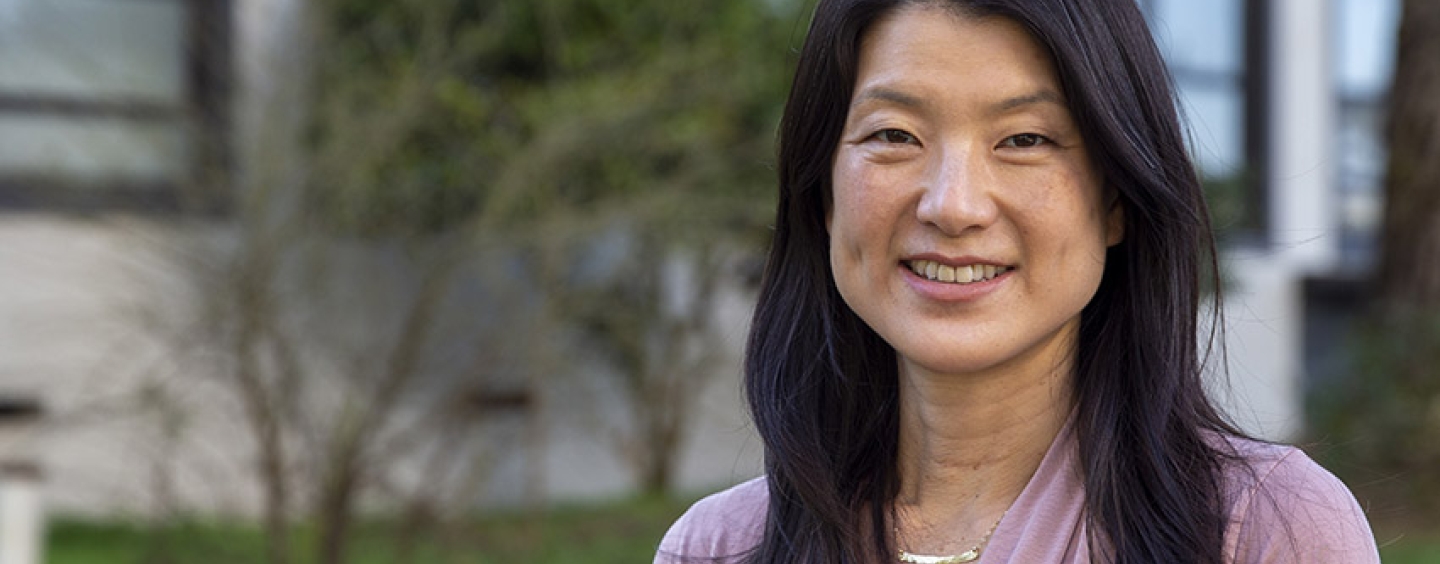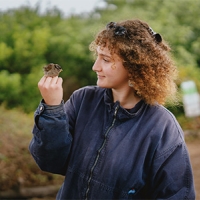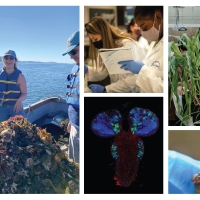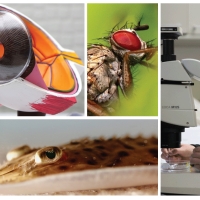Lessons from the U.N. Climate Change Conference: An SF State ecologist’s debrief

Biology professor Andrea Swei attended the COP26 conference in Glasgow and shares a few key takeaways
Politicians, scientists, activists and other climate change leaders from around the world gathered last month for the 2021 United Nations Climate Change Conference (COP26) in Glasgow, Scotland. Among those in attendance was San Francisco State University Professor of Biology Andrea Swei.
Swei was one of 10 ecologists to attend the meeting as an observer with the Ecological Society of America. Her own research focuses on tick-borne diseases, such as Lyme disease. Although her team often studies how environmental changes affect organisms and disease ecology, her time at COP26 has broadened her perspective about her role in the battle against climate change.
Swei took time to reflect on the experience, discussing major takeaways and how we — as citizens, youth and scientists — can become more involved.
How did it feel to go to COP26? It’s not an easy ticket to get.
It was definitely an honor to be able to go. I felt really lucky to have been one of the few people to get an observer badge to attend. Being there was exciting, a little chaotic and confusing. But there was so much energy there that it was really an interesting experience.
What were some of the biggest takeaways?
I have a lot of different impressions from the meeting. One is that it’s really, really a complex issue and topic in terms of the concepts that were being debated. I don’t think I fully appreciated the process until I went. I think it’s nothing short of a miracle that we got [nearly 200 countries] to agree to the terms of the Paris Agreement. Everything is done by consensus, and so every single participating party has to agree.
That said, being there as a scientist, there were some pretty sobering projections and models and data that were just released by the [Intergovernmental Panel on Climate Change] Sixth Assessment Report that show that really, this goal of keeping things to 1.5° Celsius of warming, it’s a best-case scenario for us and we’re not anywhere near it. It’s become really clear to me that we really need to emphasize the importance of subnational participation and individual action, all of which can make a big impact and bridge that emissions gap.
How has this experience affected you, your research and your role in the SF State community?
As an ecologist, [climate change is] something that has been a part of my research world for a while but it’s been very impact based, trying to understand the impacts of climate change on species and organisms. But one thing that I feel like is my responsibility as a scientist now is to go beyond documenting impacts and move more towards helping to provide solutions or promoting activism. It’s urgent. We can’t wait any longer, and I think while it’s still useful to describe the impacts of climate change on biological systems, the fact that it’s happening is really undisputed. So how can we contribute as citizens, as educators and as researchers to developing solutions either for mitigation or adaptations, or dealing with loss that has already happened and is going to happen no matter what we do?
What would you tell young people about this experience and where we go from here?
One of the messages [President Barack Obama] was really promoting and that resonated with me was this idea that the world leaders that are gathering at COP26 — for the most part, they were voted in by people. So it’s no longer an option to wait it out or be above politics because those political decisions that are happening at an international level are made by public servants that get voted in. It sounds very cliché, but voting is really important, and being able to vote the people in that support these issues and value making good progress on climate change is really important.
Any advice for students who want to learn more and get involved?
There are a lot of organizations that are really focused on engaging youth. One group is the League of Conservation Voters [which was heavily involved in the lead-up to COP26]. I don’t know if they have a local chapter but getting engaged with these kinds of organizations that connect youth with the topics and also take a lot of students on to train them [can be beneficial]. Another option is to consider enrolling in the University’s new climate change certificate program, which provides foundational understanding about climate change.
More information about the new climate change certificate program can be found at biology.sfsu.edu/climate-hq.



